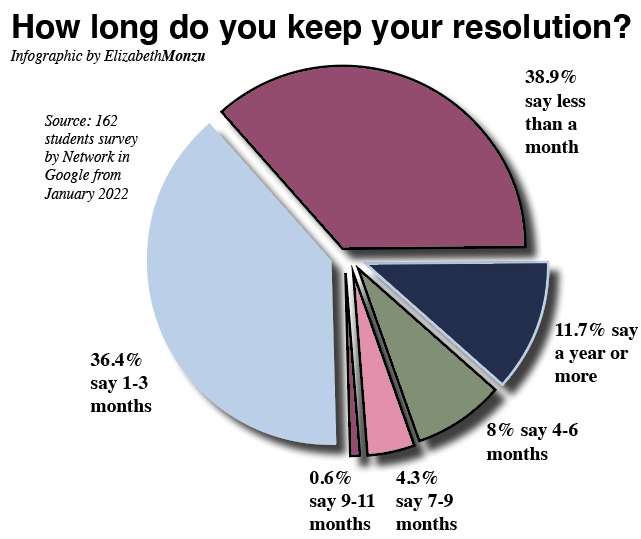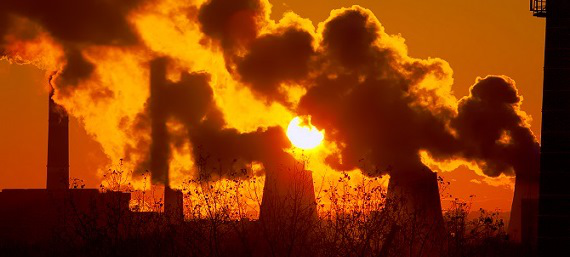It seems that each year the warning signs of climate change grow more and more prominent. The global temperature continues to rise, sea levels are rising, and the rate at which ice sheets are melting is also rising. Though opinions on the severity of climate change differ, the evidence is unavoidable. Along with the usual barrage of evidence however, the abundance of a particular theme has been growing in recent articles on climate change: climate change is irreversible. In other words, the fight is over. It takes

only a few seconds to find articles that perpetuate this idea: “Only 11 Years Left to Prevent Irreversible Damage from Climate Change” (UN) and “Climate Change: 12 Years to Save the Planet? Make that 18 Months” (BBC). Countless other pieces have been written that all agree with this sentiment, but is this line of thinking even true? Is climate change advancing at such a rate that it will become truly irreversible in the next decade?
The short answer is no, in an ideal world at least. If the world collectively stuck to its agreements and emission regulations, the permanent effects of climate change would be largely mitigated; however, outright reversal of the present effects of climate change is impossible. The answer becomes a little more complicated in the real world though. Some countries have recently pulled out of landmark climate agreements and regulations, most notably the United States’ withdrawal from the Paris Climate Agreement in 2017. Another country responsible for large amounts of carbon emissions, Saudi Arabia, has recently dropped from UN climate negotiations. Since these countries are major culprits of carbon emissions, the answer to the irreversibility question seems to shift from no to yes. Thankfully, all hope is not lost, since it is very plausible that both countries can undergo a personnel change within their governments which yields more openness to climate agreements and emissions regulations. The 2020 US presidential election is one of these opportunities.
However, resistance to climate change does not only rest on the backs of individual countries, regardless of their power or influence. The effects of climate change can only be reversible if the solution is a global one. According to NASA, the “solution will require a… globally coordinated response” coupled with local and regional efforts, and the global response has not been completely effective. Some criticize the Paris Agreement, perhaps the most famous global climate treaty, for being based largely on voluntary pledges and

an insufficient amount of ambition. Others cite the Committee on Climate Change’s report on the UK’s legislation promising zero emissions by 2050, which effectively said the UK’s measures were not on target for zero emissions by its set date. Most climate experts believe only the most ambitious, radical international measures can curtail the effects of climate change. The most ambitious, and unfortunately unlikely, measure is to eliminate the use of fossil fuels within a few decades. Such a measure would also require a formal, strictly-enforced agreement on an international scale. The use of cleaner forms of energy would also have to be enforced globally to reverse the effects of climate change. These ideas are not new domestically; the Green New Deal, for instance, is a proposed piece of legislation which aims to utilize clean energy while eliminating the dependence on fossil fuels. What must be done, however, is an agreement of this nature on the international level. If an entirely new international agreement is not in our future, stricter enforcement of our current agreements must be enacted. This means reform to the Paris Agreement, such as making it a binding agreement, to make it easier to enforce and thus more effective.
While the fight is not over yet to mitigate the effects of climate change, another year of negligence will only make the fight more futile. Though international agreement on energy efficiency and clean energy seems unlikely, it may not be impossible. And even if international governments remain lax in their enforcement of climate policies, individual efforts to reduce carbon emission might go a long way in making climate change less of a pressing threat. Actions such as wasting less food, using less water and electricity, and volunteering/donating to climate organizations such as 350 and the Citizens’ Climate Lobby all can help in reducing our collective carbon footprint. So the answer is no, the effects of climate change are not irreversible. But with enough carelessness in our governments, and as a species, in a few short years, they might be.
Sources:
https://www.un.org/press/en/2019/ga12131.doc.htm
https://climate.nasa.gov/faq/16/is-it-too-late-to-prevent-climate-change/





























